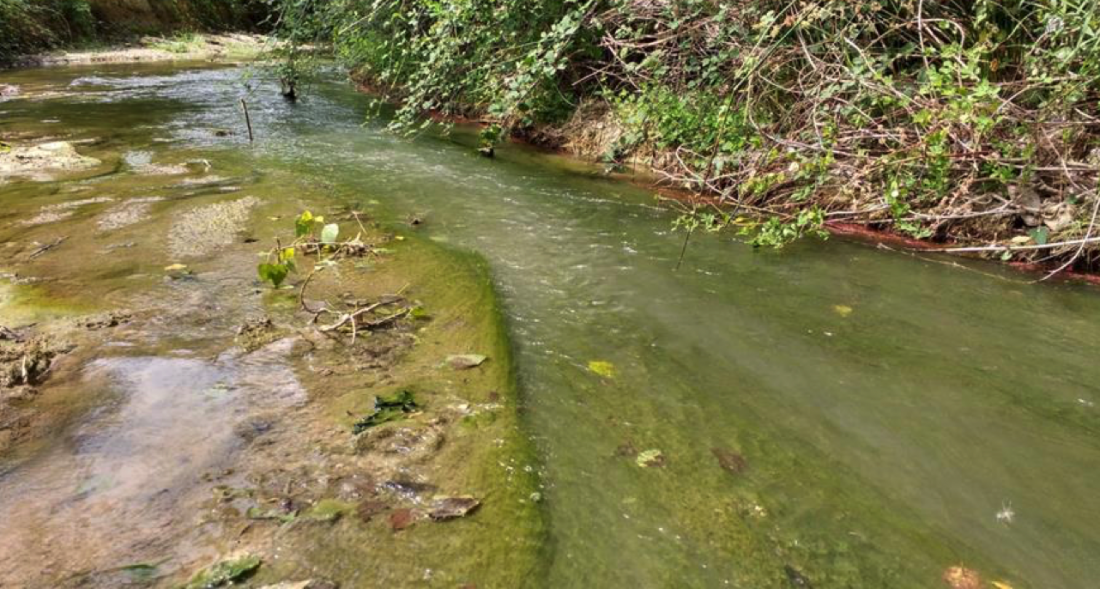WEF - CAP presents AGROgestor, a new solution to reduce environmental impact

Last week WEF-CAP presented a tool to protect crops (Dynamic Agrivoltaism Solutions). This week, with the same aim to learn what is working and what is not, what is promising, and what can be capitalized, is presenting a new best practice: the LIFE AGROgestor Project.
This Project supports the reduction of the environmental impact in irrigated agriculture, through a decision support system that facilitates effective and sustainable PLANNING AND COLLECTIVE MANAGEMENT, with 2 specific environmental objectives: 1) efficiency in the use of water, and 2) quality of water bodies.
The Water Framework Directive defines the principles about the state and the quality of water bodies, both for surface and for underground waters. The concept of general quality refers to the sum of the aptitude for the different uses, so that a certain body of water has more or better quality the more uses it allows. This approach to managing water quality by use is today complemented by the concept of status, which is the degree of alteration it presents with respect to its natural conditions and is determined by the worst value of its chemical and ecological status.
The LIFE AGROgestor project has launched a demonstration in the Collective Management of crop information, through the development of sustainable services in irrigated agriculture. In this way it has improved the water governance, the efficiency in the use of irrigation water, and the quality of water bodies.
The project has focused on reducing the environmental impact in irrigated agriculture, through a decision support system that facilitates effective and sustainable PLANNING AND COLLECTIVE MANAGEMENT through 2 different digital platforms that generates knowledge and evaluation processes.
AGROgestor has established also a training and awareness channel to support the sector in the adoption and integration of digital tools in the monitoring of farms, focused on the service that these tools offer to improve farm management and it has achieved 3 different kind of impacts.
SCIENTIFIC IMPACT. Creating high-quality new knowledge addressing WEF NEXUS. strengthening human capital in WEF NEXUS Research&Innovation and fostering diffusion of knowledge and Open Science on WEF NEXUS.
SOCIETAL IMPACT. Addressing Mediterranean policy priorities & WEF NEXUS challenges through Research&Innovation, delivering benefits & impact on WEF NEXUS via R&I clusters and strengthening the uptake of WEF NEXUS Research&Innovation by society.
ECONOMIC IMPACT. Generating innovation-based growth linked to WEF NEXUS.
More information about the project can be found here.
Here the link to the video, here the awareness channel created and here the report describing the achieved results.







